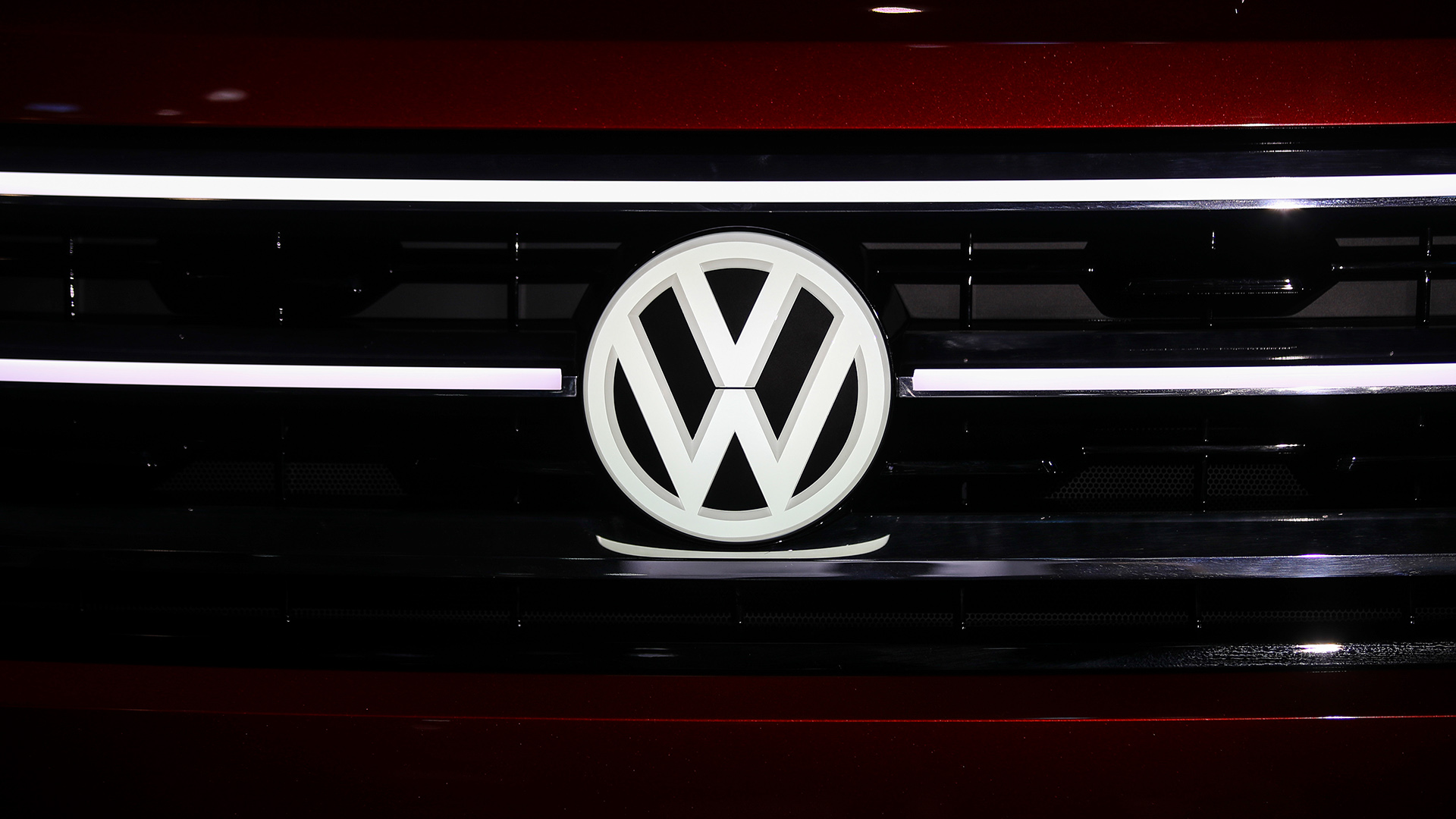

Volkswagen is seeking out partners in the formation of a self-driving technology alliance. The German auto giant has begun the preliminary steps to build a coalition which would not only set standards for semi-autonomous vehicles but would also shape the horizon of a muddy future surrounding the legal liability of automakers in a new industry.
Automotive News reports that an executive familiar with the topic, Volkswagen has already begun speaking with industry partners who may become part of the alliance. The partnership between organizations would revolve around mostly liability-related concerns; including sharing different risks and their associated costs. In addition, a major goal would be to set specific standards across the market that would not only provide a layer of protection over the industry but would also help to slingshot development of semi-autonomy across more manufacturers.
“When you are involved in an accident, you have a better chance in court when you can prove that your car adheres to the latest technical standard,” said the executive to Automotive News under a blanket of anonymity. “How do you create an industry standard? Ideally by getting others to use the same sensor kit and software, so for that reason, an overarching cooperation between automakers is one of the options we are examining. The question is: How do we bring products to market that guarantee we made ourselves as small a target for damage claims as possible?”
An integral part of the alliance’s success surrounds the standardization of software. Companies have approached the alliance throughout the early stages of its formation with drop-in solutions to be promoted as a standard for use with semi-autonomous vehicles, however, unless the solutions provider agreed that its technology would be open-sourced, they were turned away. It is reported that the open and unfettered access to the inner-workings of all core standardized technologies is mandatory, ensuring accurate data validation and testing amongst automakers.
As more vehicles with semi-autonomous capabilities are sold and begin to traverse the public streets over the coming decades, concerns arise of just how much of a role the imperfect human factor will play in avoiding disaster. Earlier this year, an Uber vehicle operating in semi-autonomous mode struck and killed Elaine Herzberg when its programming failed to take evasive actions in a timely manner and its driver was distracted while watching Hulu on her cell phone. Later reports indicated that conflicting software changes were ultimately responsible for the delayed reaction, though no input from the driver was made, likely due to becoming complacent with the functionality of the software. These types of events are the some of the core reasons of why the drop-in solutions are being shoved aside in favor of open standards.
More than 15 companies have already been involved in the discussions of forming the alliance, states the report, from law firms to automakers. The plans are not yet public and are reported to be presented to Volkswagen’s board within the next several months.